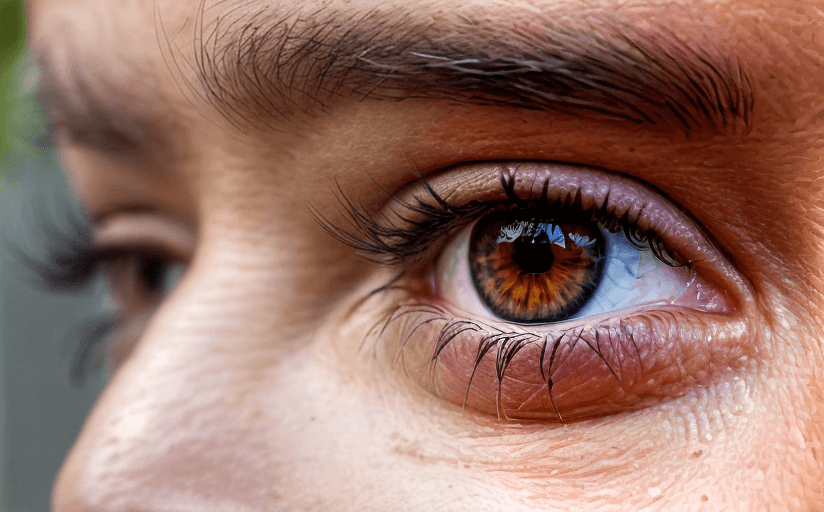The Impact of Social Media on Mental Health
Social media has become a part of everyday life in the 21st century. Its impact on mental health, however, is not as well-understood. Research has shown that there are both positive and negative effects of social media on mental health, and it is important to be aware of both when making decisions about how to use social media.
The Psychological Implications of Social Media
Social media can have a significant impact on people's mental health. Studies have shown that people who use social media frequently can experience feelings of isolation, anxiety, depression, and low self-esteem. This is especially true for those who compare themselves to others online or who spend a lot of time comparing their lives to those of their peers. Additionally, some research has found that people who use social media excessively are more likely to experience mental health issues such as insomnia, anxiety, and depression.
Social media can also be a source of stress for many people. The constant barrage of notifications and messages can be overwhelming and can lead to feelings of anxiety. Additionally, people who rely heavily on social media for their social connections may find themselves feeling isolated and lonely if their online relationships are not fulfilling.
Beneficial and Detrimental Effects of Social Media
Although there are some negative psychological effects associated with social media use, there can also be positive effects. Social media can be a great way to stay connected with friends and family and can provide an outlet for people to express themselves and share their stories. Additionally, it can be a great source of support for those struggling with mental health issues. People can find online communities of people with similar experiences and can find comfort in knowing that they are not alone.
However, it is important to be aware of the potential risks associated with social media use. Excessive use can lead to addiction, which can have a negative impact on mental health. Additionally, online interactions can be less fulfilling than face-to-face ones, which can lead to feelings of loneliness and isolation. It is also important to remember that social media can be a source of cyberbullying and other forms of online harassment, which can have a serious impact on mental health.
Strategies to Manage Mental Health When Using Social Media
There are several strategies that can be used to manage mental health when using social media. One of the most important is to set limits on how much time is spent on social media. It is also important to be aware of the content that is being consumed and to be mindful of the potential negative effects that it may have. Additionally, it can be helpful to take breaks from social media to give yourself time away from the constant barrage of notifications and messages. Finally, it can be beneficial to find other outlets for social interaction, such as spending time with friends and family in person or engaging in other activities that involve social interaction.
Social media has become an integral part of our lives, and its impact on mental health should not be ignored. It is important to be aware of both the positive and negative effects of using social media and to take steps to manage mental health when using it. By being mindful of the potential risks and taking steps to manage them, it is possible to use social media in a way that can be beneficial rather than detrimental.

















Comments
Leave a Comment